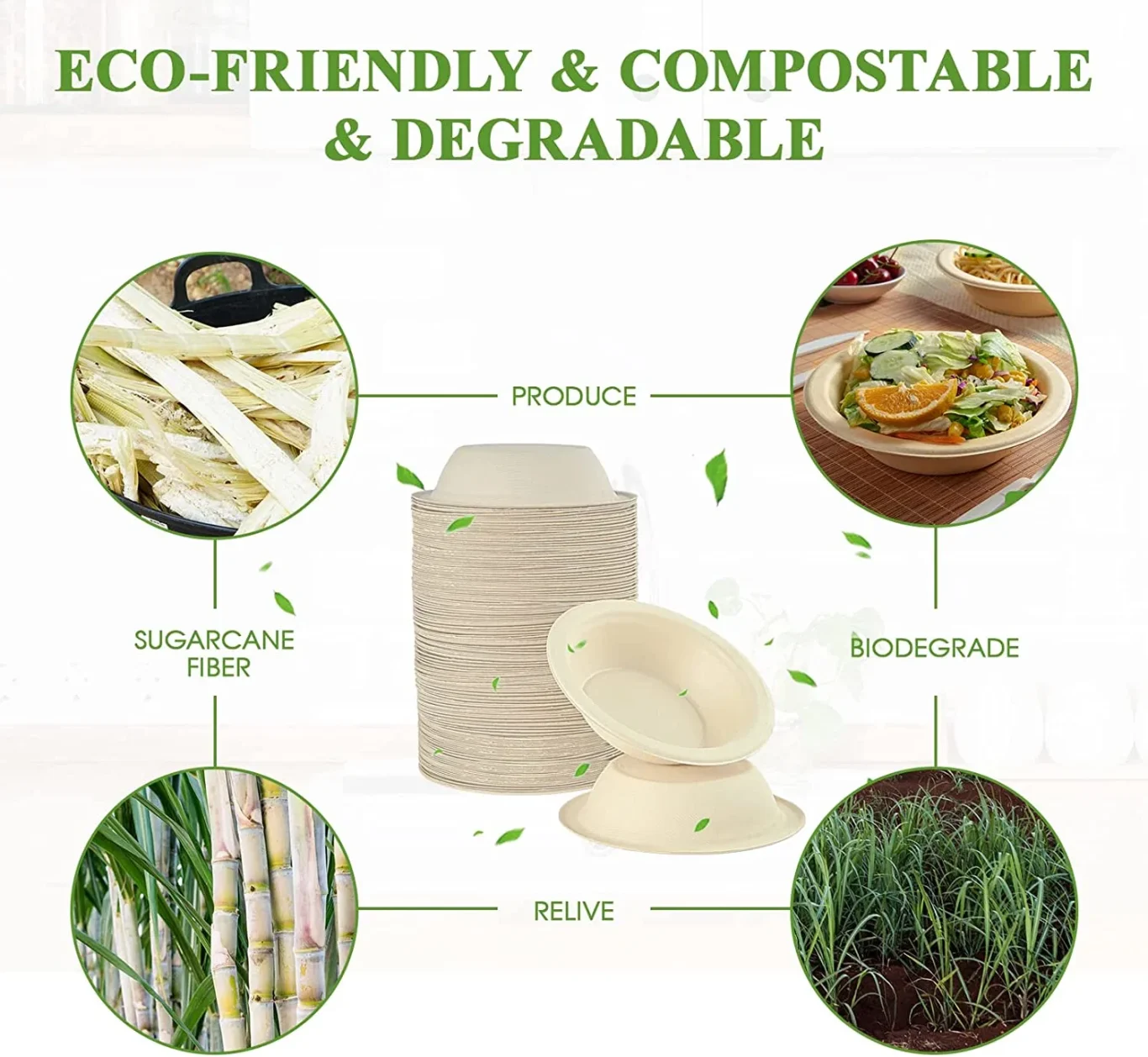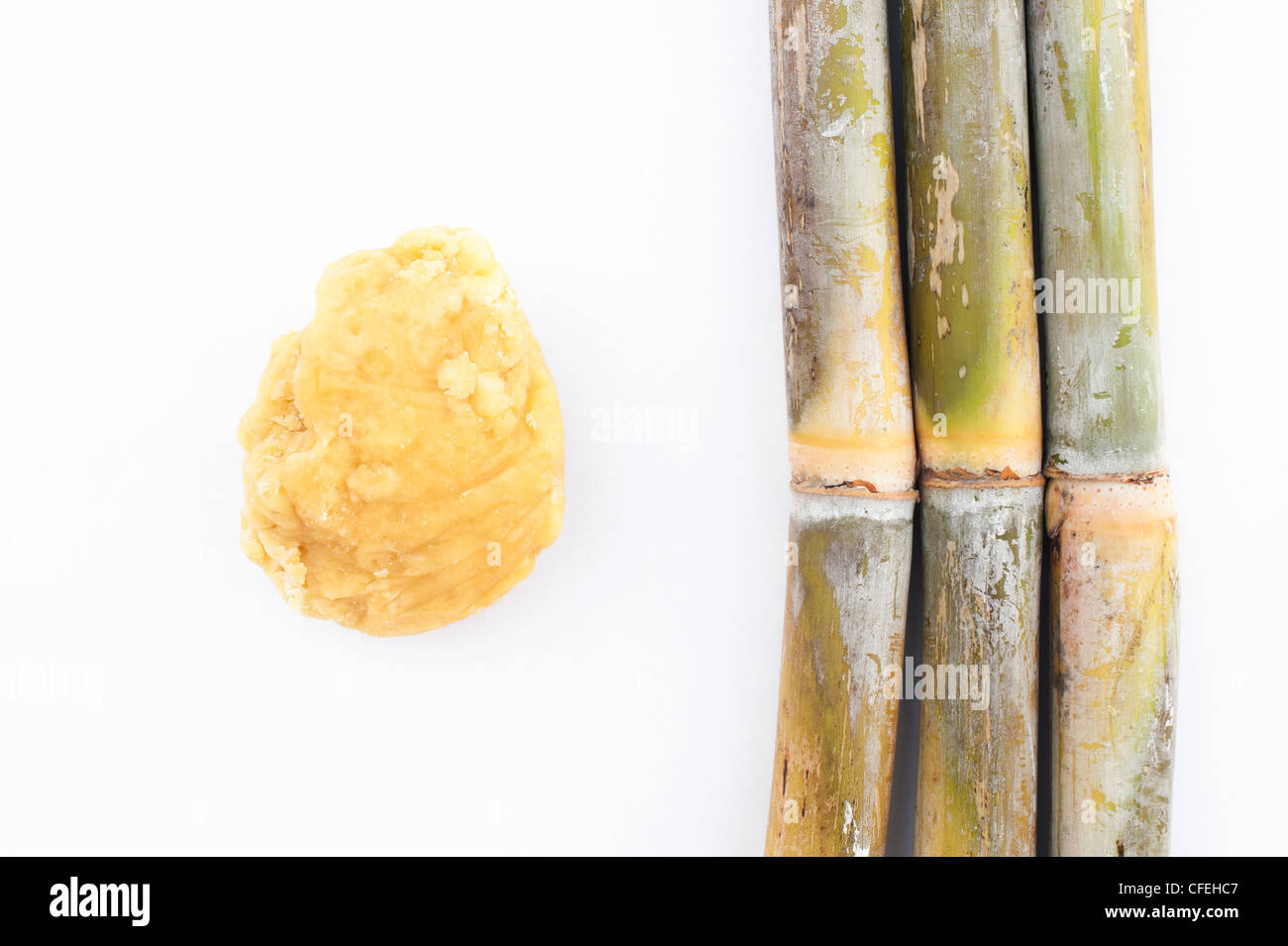Sugarcane Product in Traditional Healing: Health Benefits You Should Know
Sugarcane Product in Traditional Healing: Health Benefits You Should Know
Blog Article
Lasting Sugarcane Products: From Sweeteners to Eco-Friendly Product
The capacity of sustainable sugarcane products extends past typical sugar to incorporate a variety of environment-friendly items, offering a compelling case for their integration right into modern-day customer methods - sugarcane product. As the world faces pushing environmental issues, sugarcane becomes a flexible resource with the ability of resolving both nutritional needs and sustainability goals. This conversation will explore just how advancements in sugarcane growing and handling can cause considerable advancements in eco-friendly packaging and eco-conscious textiles. What effects might these advancements have for future customer options and environmental effect?
Overview of Sugarcane Sustainability
As the demand for eco-friendly items expands, comprehending sugarcane sustainability ends up being significantly essential. Sugarcane, a functional crop, is cultivated largely in tropical and subtropical areas, and its sustainability is important for both ecological health and economic feasibility. Sustainable sugarcane farming methods concentrate on decreasing ecological effect while making the most of efficiency and productivity.
Key elements of sugarcane sustainability consist of reliable land usage, reduced chemical input, and improved water administration. Practices such as plant turning, incorporated pest management, and organic fertilization contribute to dirt wellness and biodiversity. In addition, cutting-edge technologies, such as precision agriculture, help optimize resource use and decrease waste.
Additionally, sugarcane is an eco-friendly source, with byproducts that can be made use of in numerous sectors, from biofuels to biodegradable plastics, thereby reducing reliance on fossil fuels and diminishing carbon footprints. Certifications like the Bonsucro standard encourage sustainable techniques throughout the supply chain, advertising openness and responsibility.

Sugarcane-Based Sweeteners
Making use of sugarcane as a main source, sugarcane-based sugar have gained prestige as all-natural alternatives to synthetic sweeteners and polished sugars (sugarcane product). These sweeteners, derived from the removal and handling of sugarcane juice, offer an array of items that cater to varied consumer preferences, consisting of organic and minimally refined alternatives
Raw walking stick sugar retains more of the all-natural flavors and nutrients discovered in sugarcane, making it a popular choice for health-conscious customers. Panela, a traditional Latin American sugar, is generated by evaporating sugarcane juice, protecting its all-natural minerals and vitamins.
The growing demand for sugarcane-based sugar is driven by increasing understanding of wellness and sustainability issues connected with standard sweeteners. By selecting sugarcane-derived items, customers not just support sustainable farming techniques but likewise add to a much healthier lifestyle, aligning their dietary options with their ecological worths.
Biodegradable Packaging Solutions
Becoming a sensible choice to conventional plastics, biodegradable packaging options stemmed from sugarcane are changing the product packaging sector. These innovative materials provide an environmentally pleasant option that deals with the expanding problems over plastic pollution. Utilizing the natural sugars discovered in sugarcane, manufacturers are developing various forms of naturally degradable packaging, including films, containers, and wraps that decompose more rapidly than traditional plastics.
The primary advantages of sugarcane-based product packaging depend on its eco-friendly sourcing and its capacity to damage down right into non-toxic byproducts. Unlike fossil fuel-derived plastics, my latest blog post which can persist in the environment for centuries, sugarcane product packaging commonly decays within a couple of months under appropriate conditions. This decrease in waste not just alleviates garbage dump overflow but also lowers the carbon impact related to packaging products.
Additionally, sugarcane-derived packaging keeps durable performance characteristics, supplying similar sturdiness and functionality to conventional alternatives. As customers and companies increasingly focus on sustainability, the adoption of eco-friendly packaging solutions stands for a significant action towards a round economic climate, where materials are my latest blog post recycled and regenerated instead of discarded. This change not only boosts brand picture but additionally contributes to a much more sustainable future for the world.
Eco-Friendly Textiles and Fabrics
Environmentally friendly fabrics and fabrics are getting traction in the style and home items markets as customers increasingly require lasting alternatives to typical materials. Among the remarkable choices are textiles stemmed from sugarcane, which provide an eco responsible alternative to synthetic fibers. These textiles are created via a process that uses the eco-friendly resources discovered in sugarcane, dramatically decreasing dependence on petroleum-based products.

Brand names are increasingly integrating environment-friendly fabrics right into their line of product, reflecting a broader commitment to sustainability. This shift is not merely a trend but a needed development in action to ecological problems. As the marketplace for lasting fabrics broadens, customers can look ahead to ingenious styles that Going Here integrate style with environmental obligation. Eventually, environmentally friendly textiles and fabrics represent a significant action towards minimizing the garment industry's environmental footprint while accommodating the expanding need for accountable consumer choices.
Advancements in Sustainable Farming
Transforming farming practices, technologies in sustainable farming are changing the means crops are expanded and taken care of. These developments concentrate on minimizing environmental influence while making the most of performance and productivity.

In addition, agroecology, which integrates environmental concepts right into farming, advertises biodiversity and dirt health. Practices such as crop rotation, cover chopping, and intercropping foster durable ecological communities that can withstand insects and environment variants - sugarcane product. In addition, using natural plant foods and biopesticides adds to healthier soils and communities

With each other, these technologies are not just improving the agricultural landscape but also adding to an extra sustainable future for sugarcane and other crops, straightening farming experiment environmental stewardship.
Conclusion
Lasting sugarcane items represent a significant innovation in green options, covering from natural sweeteners to naturally degradable items. The growing of sugarcane via lasting practices not only boosts environmental health yet likewise adds to financial feasibility. As consumer choices progressively lean towards lasting options, the convenience of sugarcane as a sustainable resource comes to be progressively pertinent. This trajectory highlights the importance of ongoing advancement and commitment to lasting techniques within the sugarcane market, fostering a much more sustainable future.
The capacity of lasting sugarcane items extends beyond typical sweeteners to encompass a variety of eco-friendly goods, providing an engaging case for their integration into modern-day customer practices. Sustainable sugarcane farming methods concentrate on decreasing ecological impact while optimizing performance and profitability.
Sustainable sugarcane products represent a considerable improvement in green alternatives, spanning from natural sweeteners to biodegradable goods. The growing of sugarcane with sustainable methods not only improves environmental health and wellness however likewise contributes to economic practicality. As consumer preferences increasingly lean towards sustainable alternatives, the versatility of sugarcane as a renewable source comes to be significantly appropriate.
Report this page